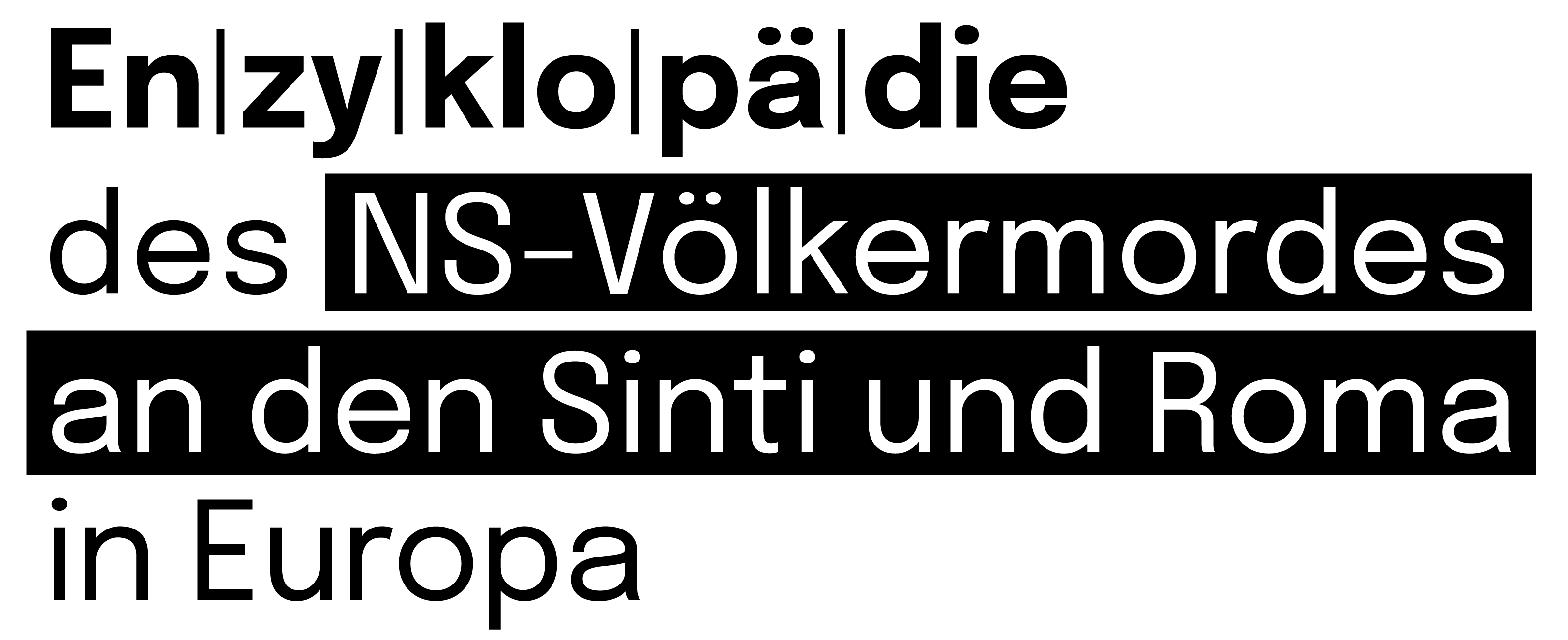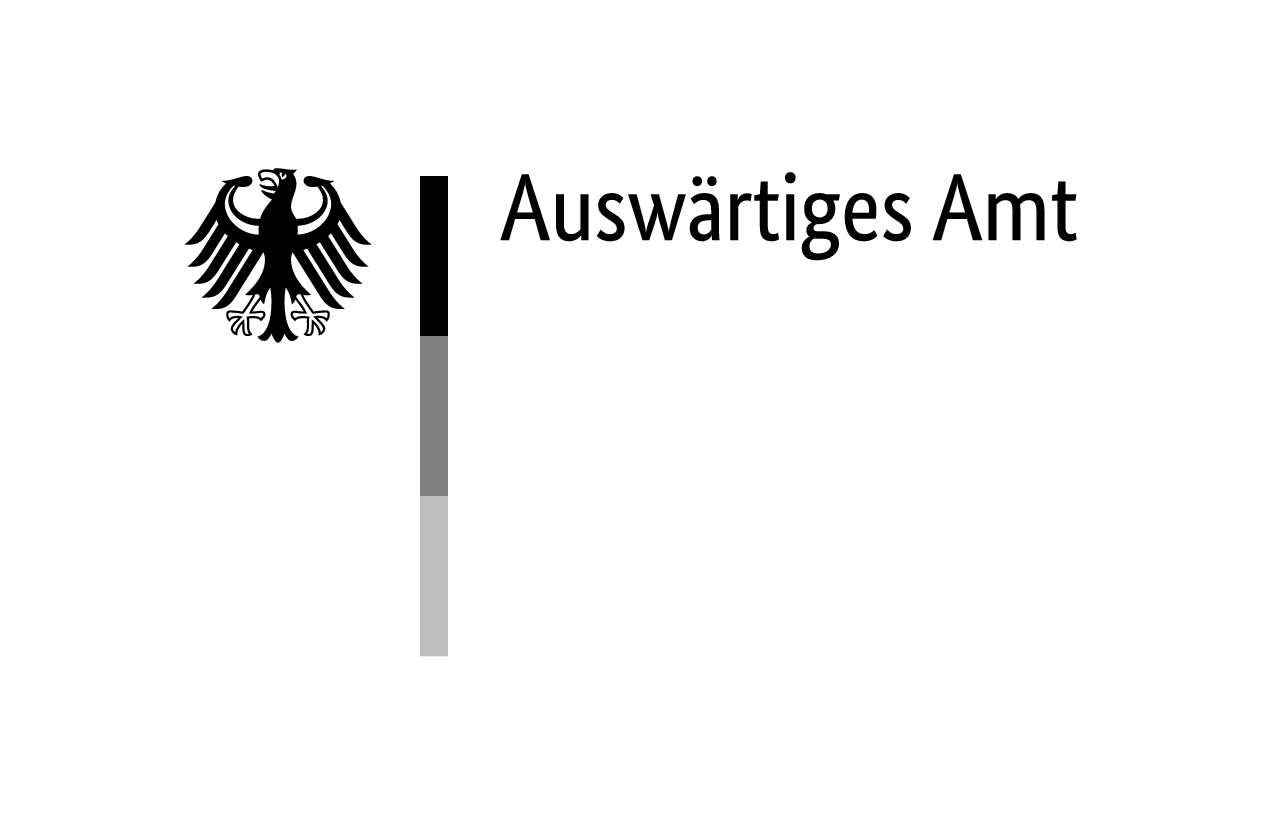Stevo Karoli, also spelled Caroli, was born on 26 August 1925 in Metz, France, to the Norwegian couple Joseph Karoli (1890–unknown) and Elisabeth Warsha (1895–1944). He earned his living as a basket weaver and horse dealer in Belgium and northern France.
Registration
On 21 August 1941, the Belgian aliens police ordered Stevo Karoli to report to a state prison to be photographed and fingerprinted. At the time, this police practice was reserved for the identification and registration of criminals, but also applied to ‘Gypsies’, who were collectively equated with criminals or spies. In addition, Karoli was ordered to leave Belgium, as the Belgian coastal areas were generally closed to itinerants. Stevo Karoli defied this order and regularly evaded checks by the authorities.
On 1 July 1942, the Belgian gendarmerie discovered that Stevo Karoli had attempted to obtain goods vouchers both in Damprémy (Hainaut, Belgium) and in Jodoigne (Walloon Brabant, Belgium). As a result, his ‘Gypsy card’ [‘Zigeunerkaart’], which also served as a ration card, was confiscated. This was not an isolated case. The restrictions on freedom of movement deprived many of those affected of their livelihood, and the rationing of food, the distribution of which was tied to a fixed place of residence, also made daily survival difficult. Although the Belgian authorities regularly arrested people for ration stamp fraud, these cases were rarely prosecuted. Stevo Karoli, for example, received a new ‘Gypsy card’ on 10 July 1942 without any further consequences.
Arrest and Deportation
In mid-January 1944, 19 of Stevo Karoli’s relatives were deported to the Auschwitz-Birkenau concentration and extermination camp on ‘Transport Z’. He himself was arrested in Brussels a few weeks later, on 3 March, with a forged identity card issued in the name of Eduard Cogai. The German criminal police (Kripo), Department V of the security police (SIPO-SD), suspected him of ‘anti-German activities’. On the same day, the young man was sent to the German section of Saint-Gilles prison. The criminal police concluded its investigation on 26 April 1944: Eduard Cogai and Stevo Caroli were one and the same person who was ‘100% of the Gypsy race’.
On 10 May 1944, the commandant of the Saint-Gilles military prison in Brussels ordered that his deportation be carried out as quickly as possible. On 15 May, he was taken to the ‘SS transit camp’ in the Dossin barracks in Mechelen, and four days later he was deported on ‘Transport XXV’ together with 508 Jews. He was registered as a ‘Gypsy’ on a separate sheet that bore only his name.
After his arrival in Auschwitz-Birkenau, Stevo Caroli was sent to camp section BIIe, where he met his brother Zolo Karoli (1921–1945) again. Together with other Roma and Sinti classified as ‘fit for work’, both were transferred to Buchenwald concentration camp, where they arrived on 3 August 1944. The camp was overcrowded and the new arrivals were crammed into tents. Because of his poor state of health, Zolo Karoli remained in Buchenwald, where he died in April 1945, two days before the arrival of the American troops.
Survival
Stevo Karoli survived Mittelbau-Dora concentration camp, the Ellrich-Juliushütte satellite camp and Bergen-Belsen concentration camp. After being liberated by British troops at the beginning of April 1945, he returned to Belgium on a lorry on 27 April.
On 19 May 1945, he collected his new ‘Gypsy card’ from the Belgian authorities, who immediately checked his fingerprints. In June 1945, Stevo Karoli applied for recognition as a political deportee and for compensation. However, the aliens police stated that they ‘cannot confirm when, how or where the nomad Karoli, Stevo, born on 26 August 1925 in Metz, was arrested by the Germans’.1Archives générales du Royaume (AGR), Police des Étrangers, Dossier n° 7.400.971—Caroli Steven, 26/08/1925, Metz, doc. n° 22, Note du 3e bureau, Bruxelles, 6 juin 1945. They stated that as someone persecuted on racial grounds he was not entitled to compensation, especially as the authorities were unable to establish his nationality. The criteria of the committees that authorised recognition of political deportees stipulated that the arrest must have resulted from ‘selfless patriotic activity’. Arrest on racial or religious grounds was not taken into account in the law of 26 February 1947.
After the war, Stevo Karoli settled in Belgium. Nevertheless, the authorities continued to be suspicious of him. The Belgian police repeatedly forced him to report for photography and fingerprinting. There were also constant problems when crossing the border, as Stevo Karoli’s nationality remained unclear. It is not known when and where Stevo Karoli died. His file with the aliens police was closed in 1948.
In recent years, the history of the Karoli family has received some attention in Norway, and a start has been made on analysing the history of the 66 deported Norwegian Roma.




